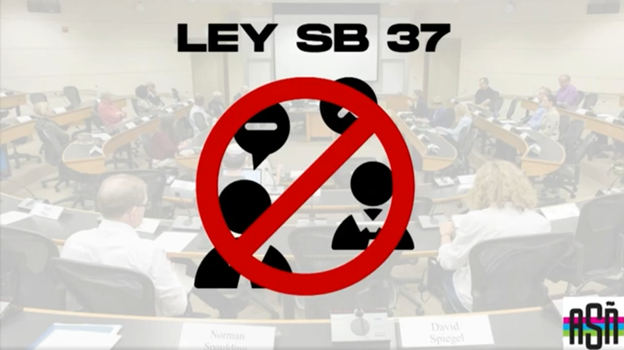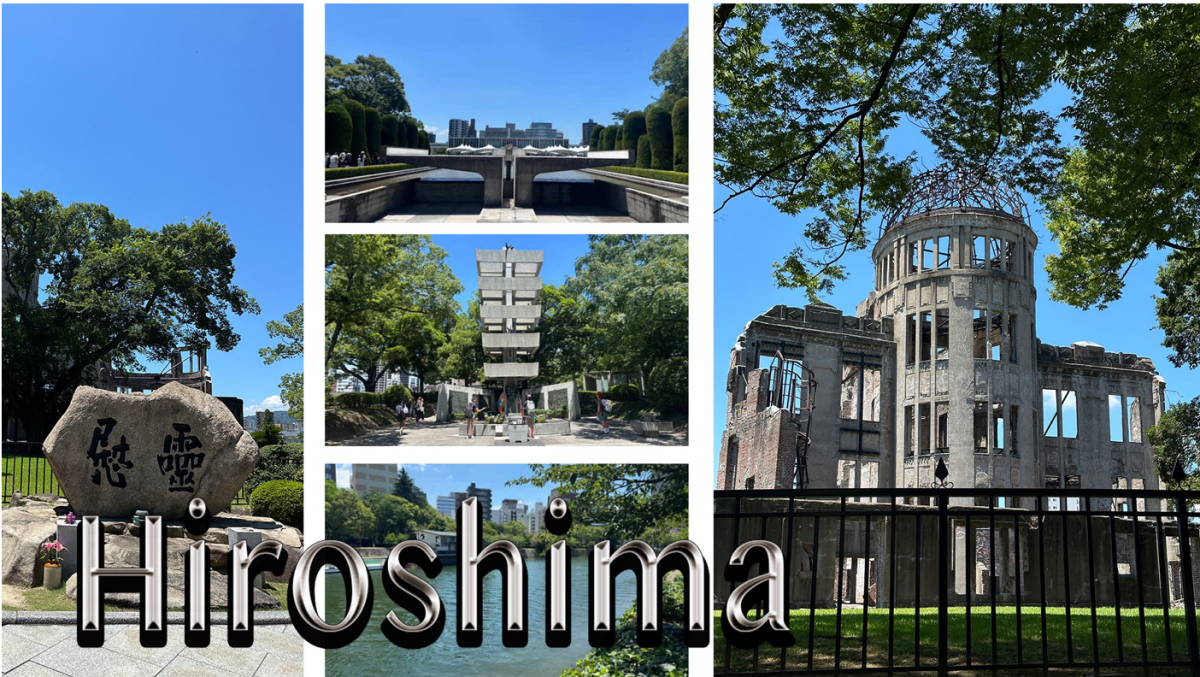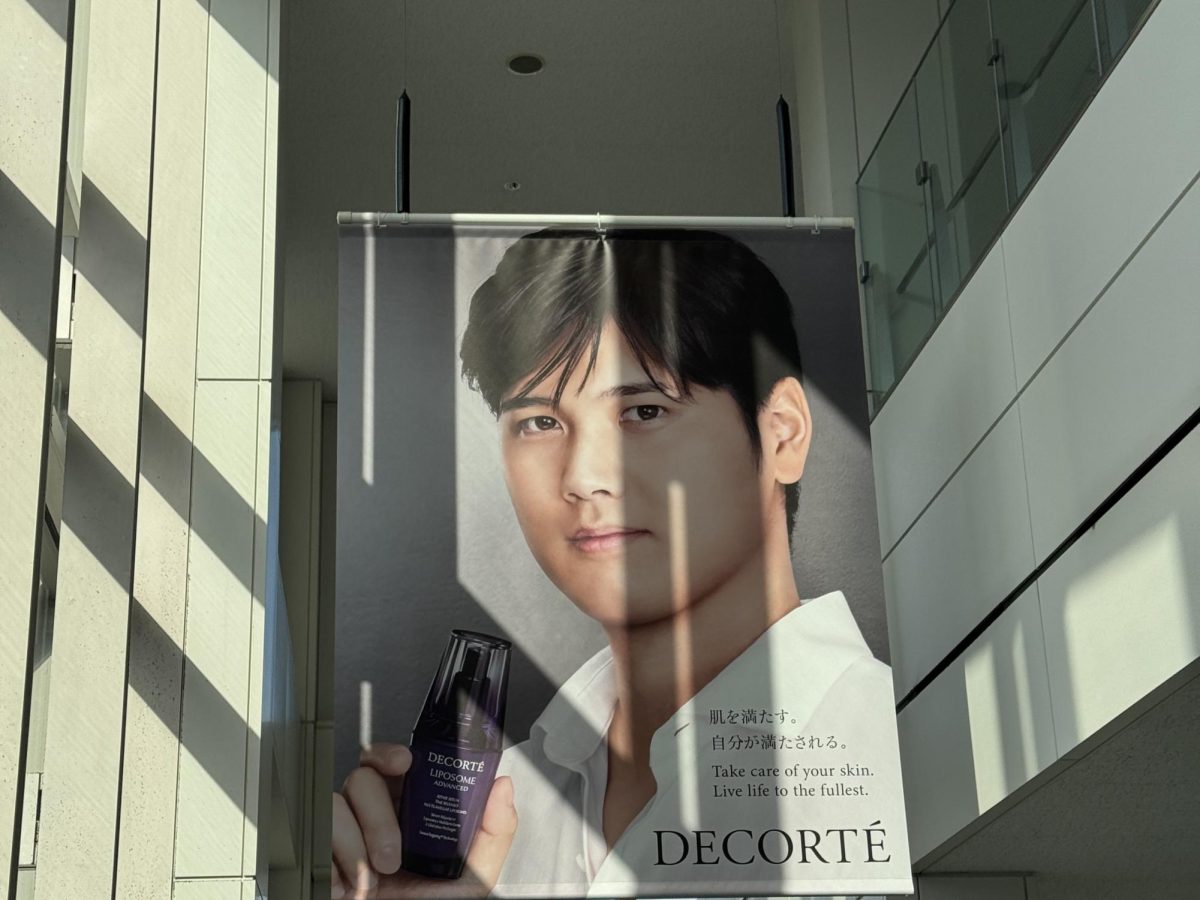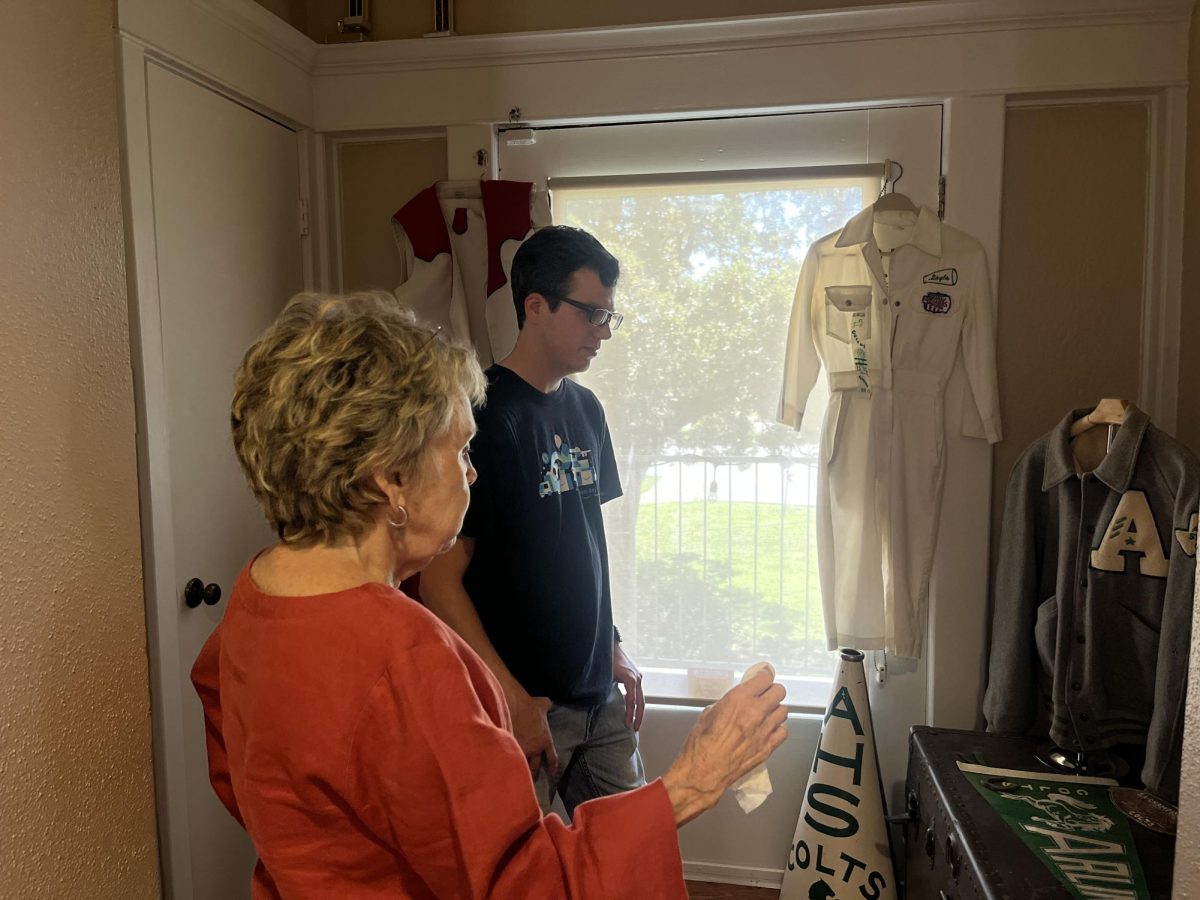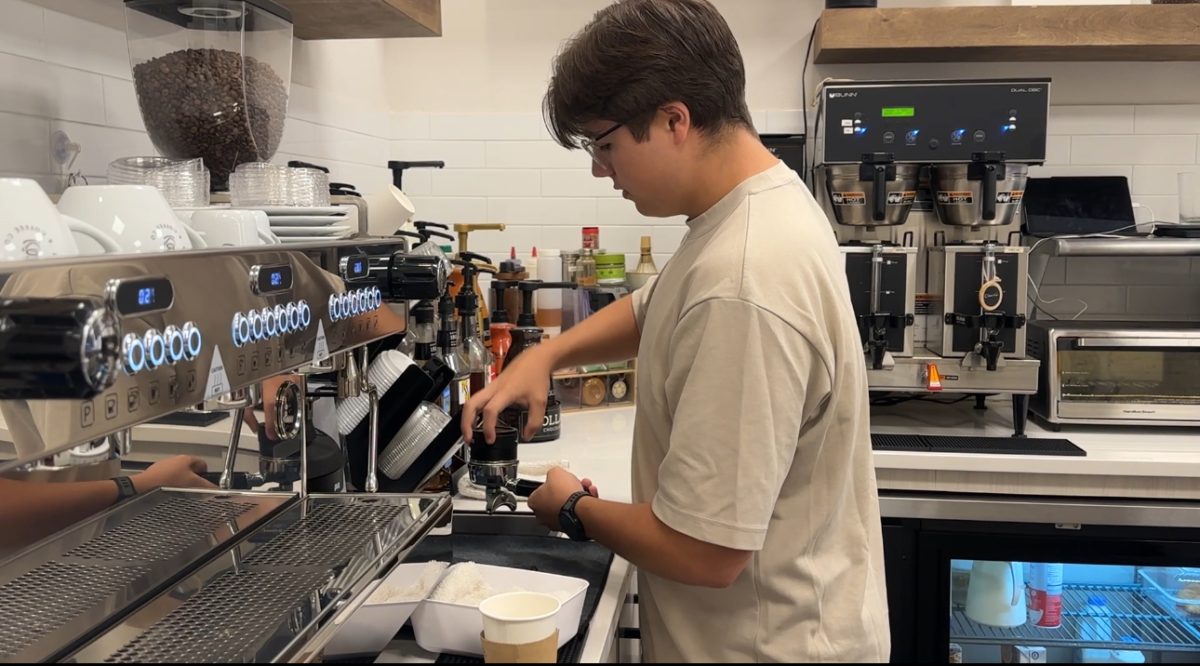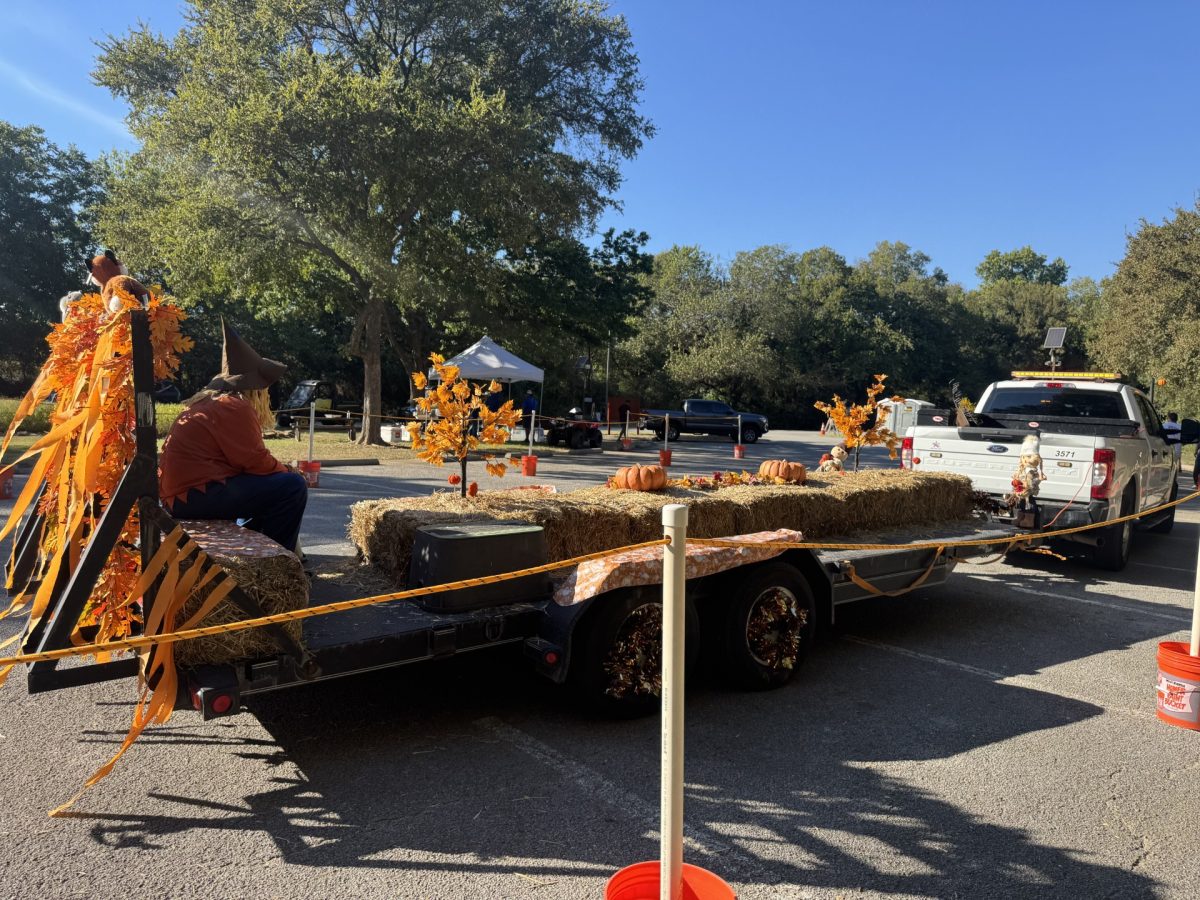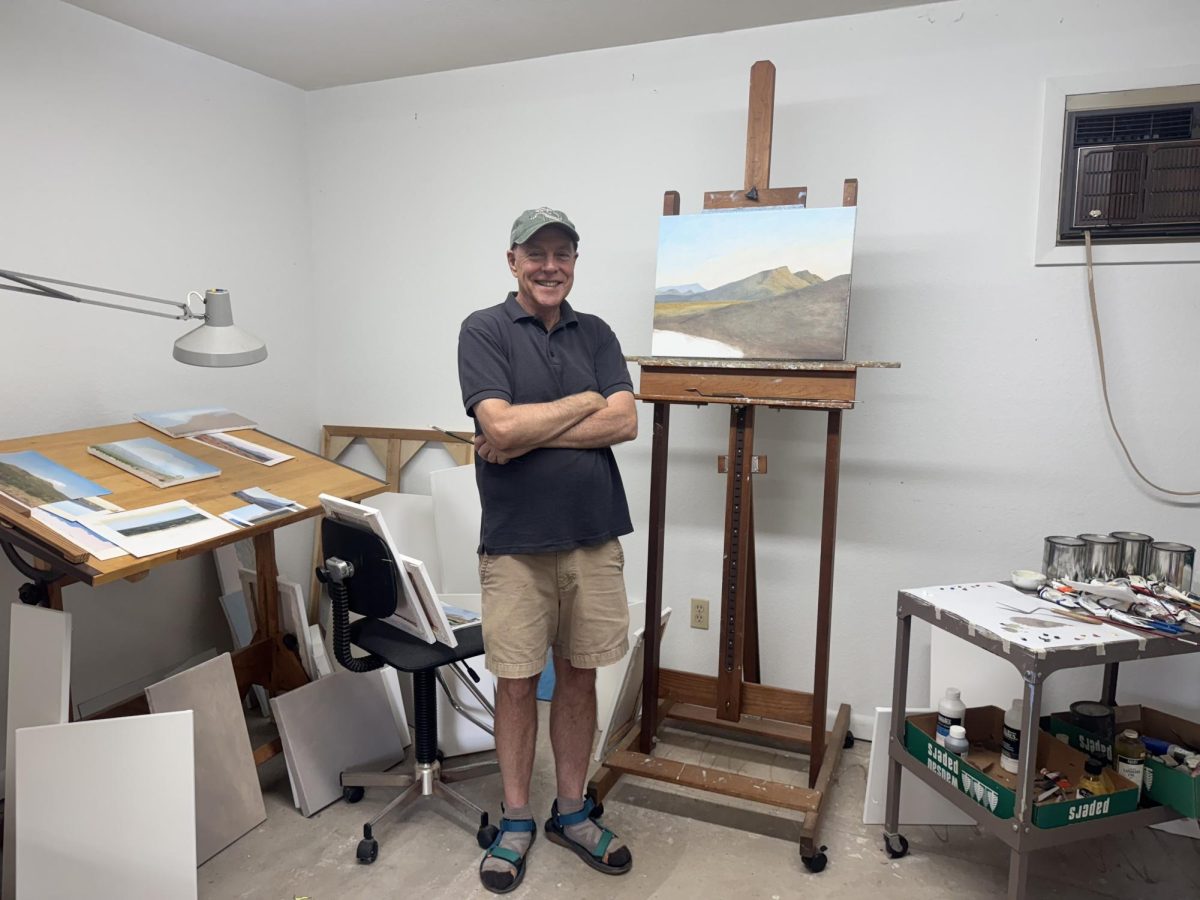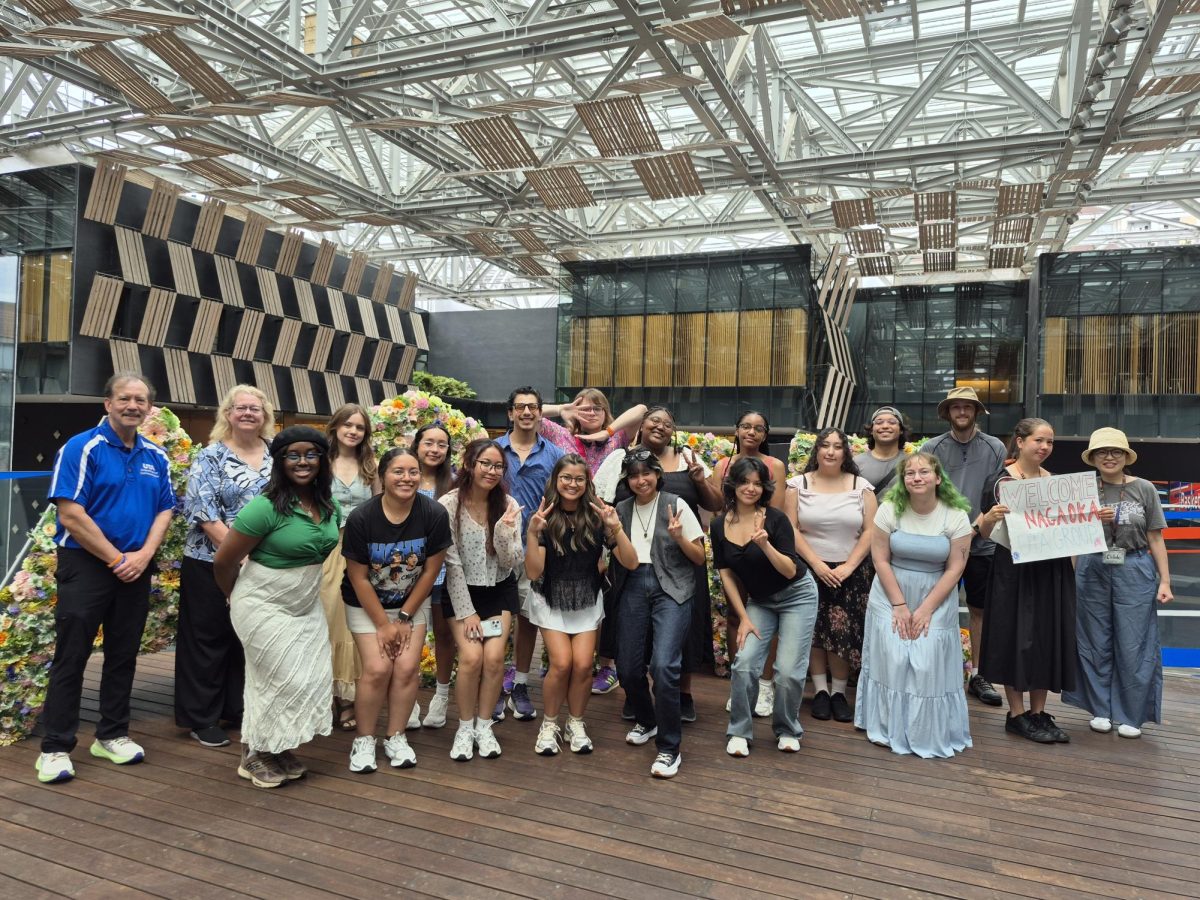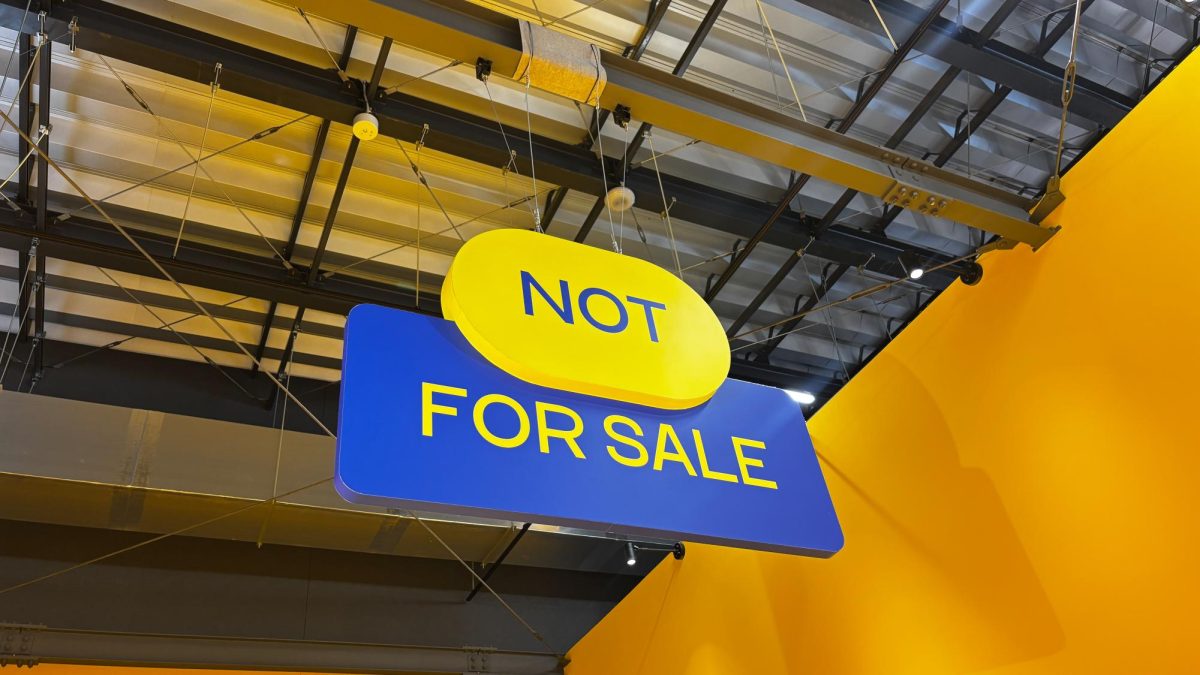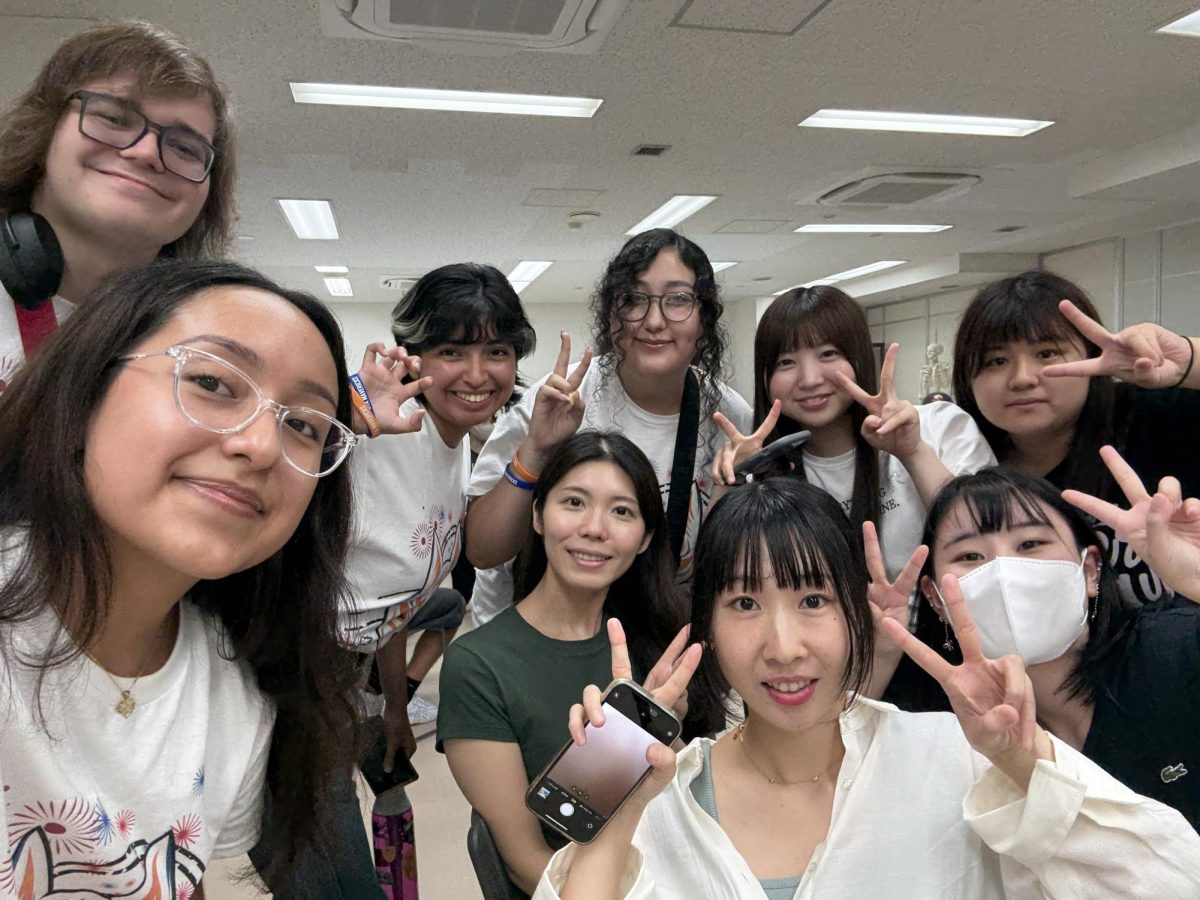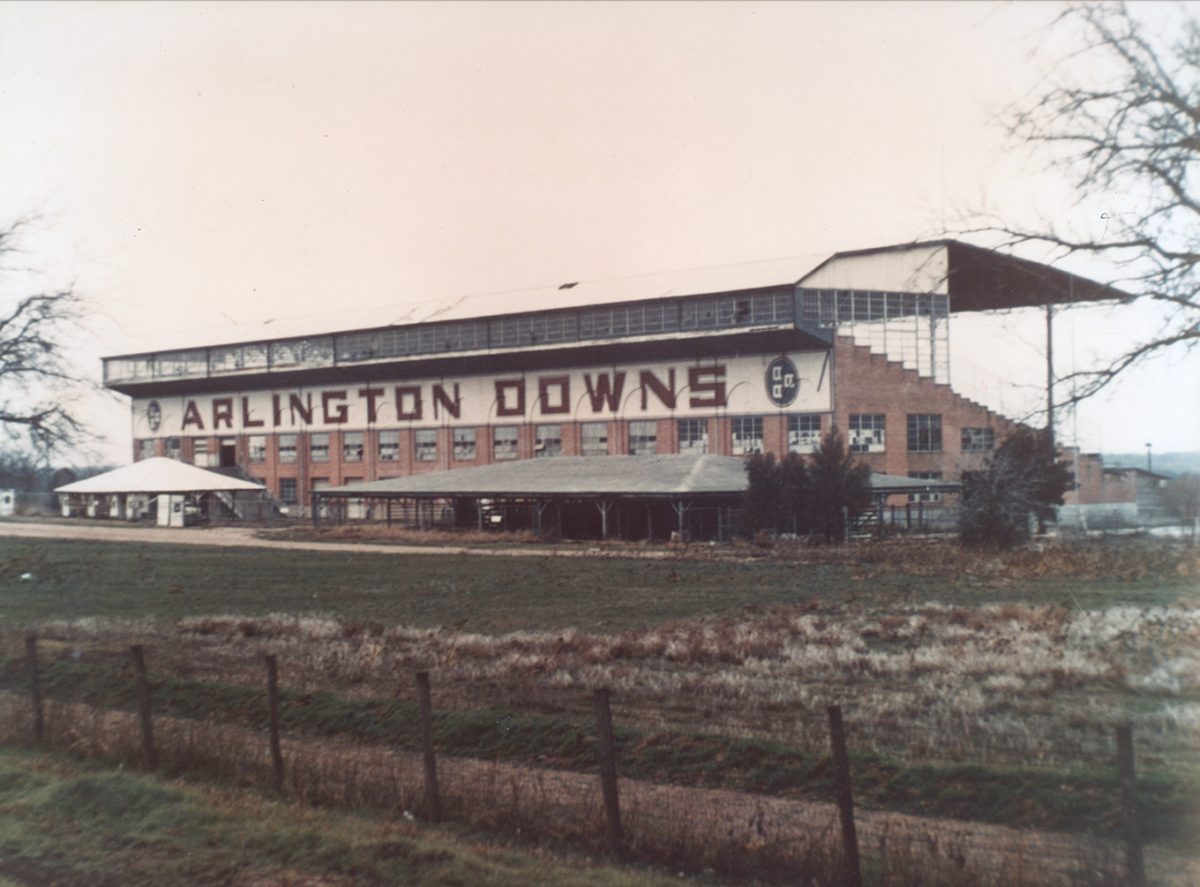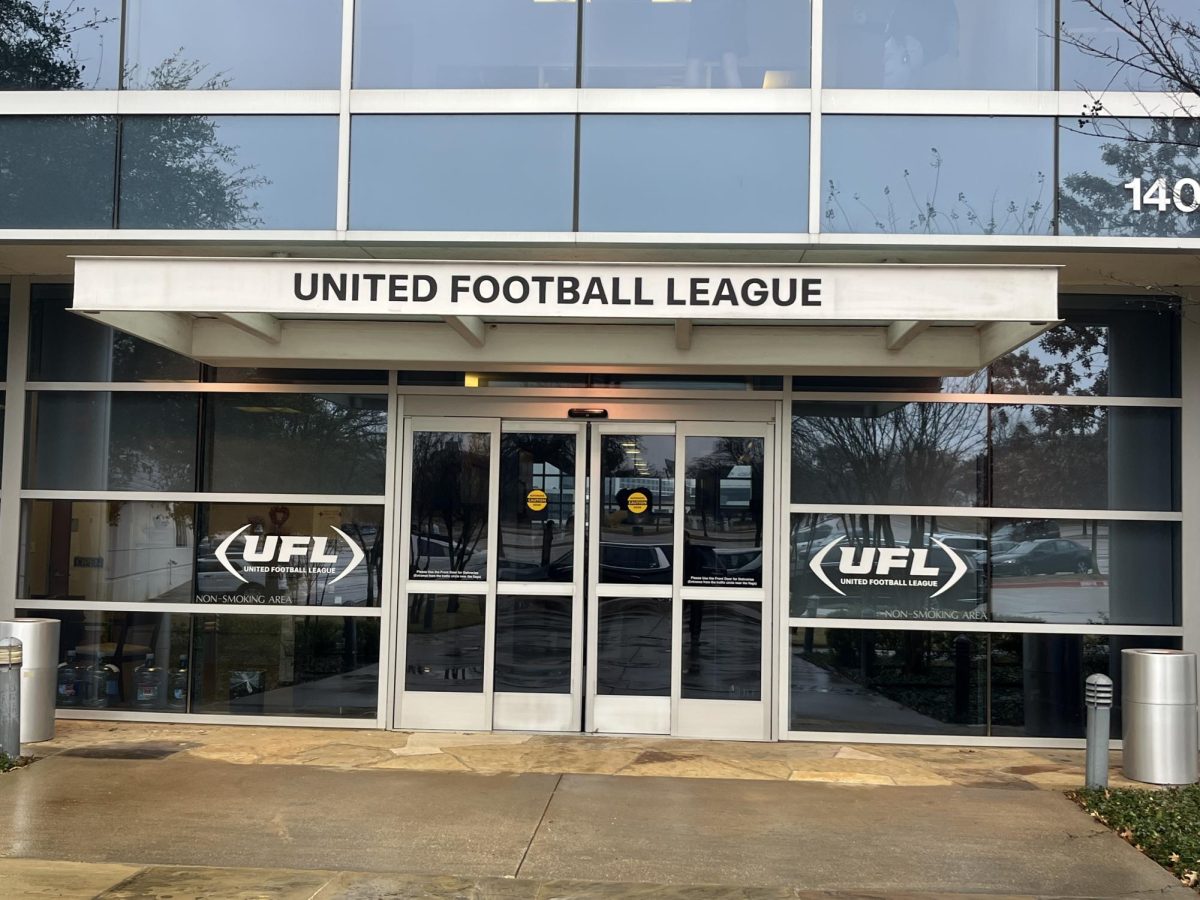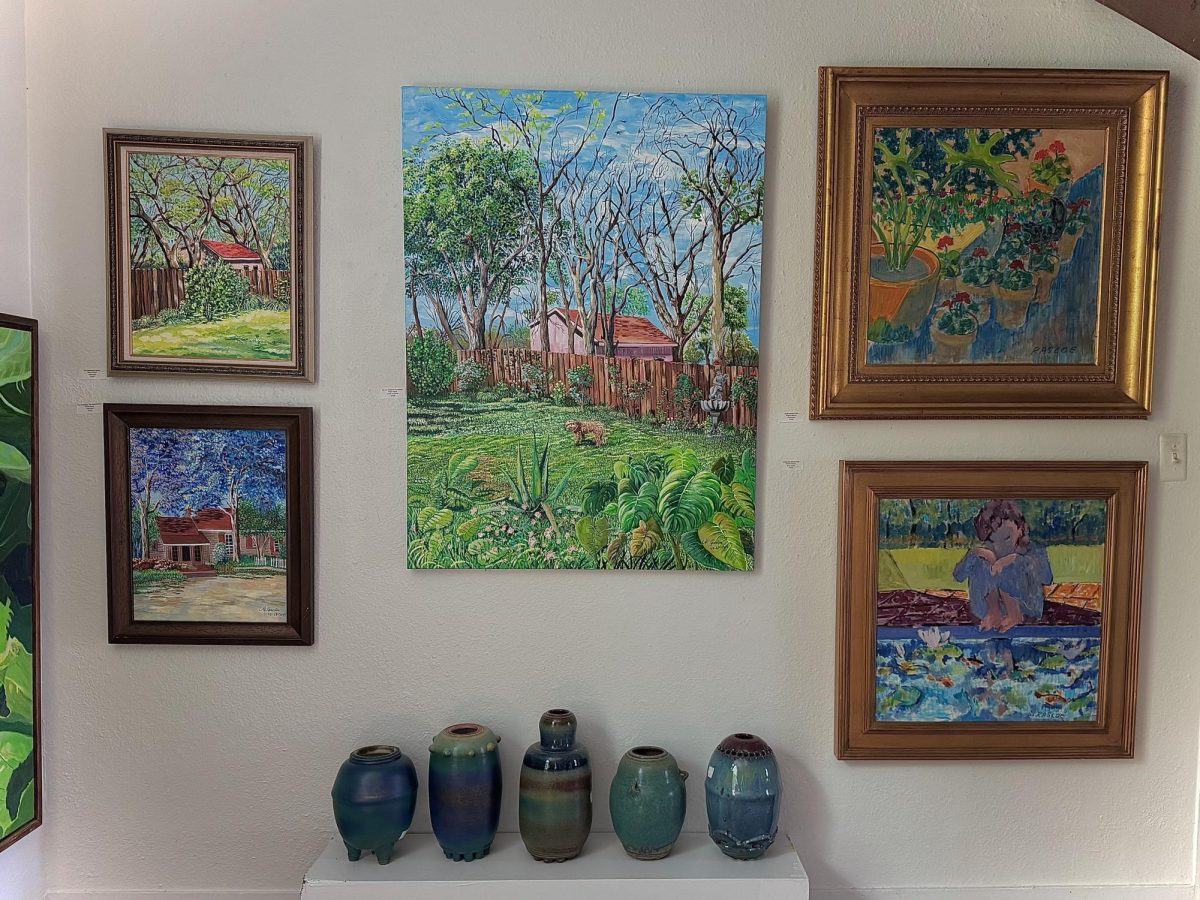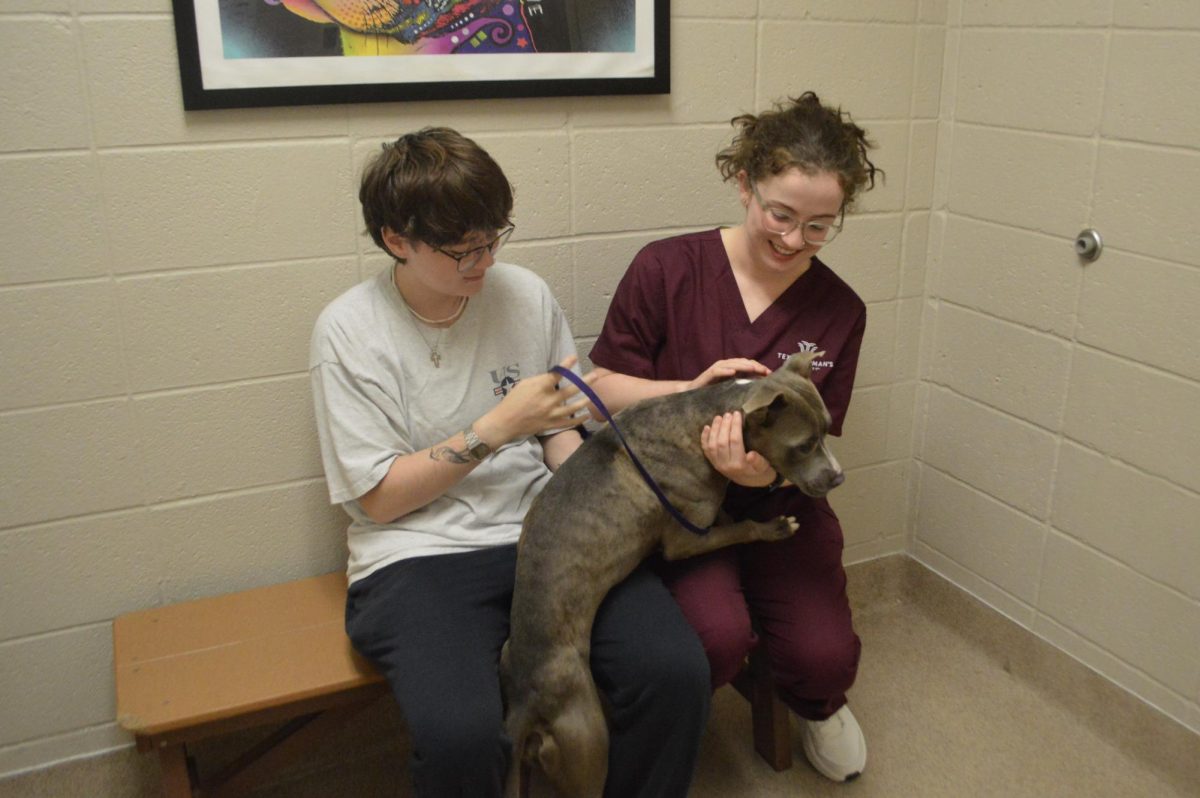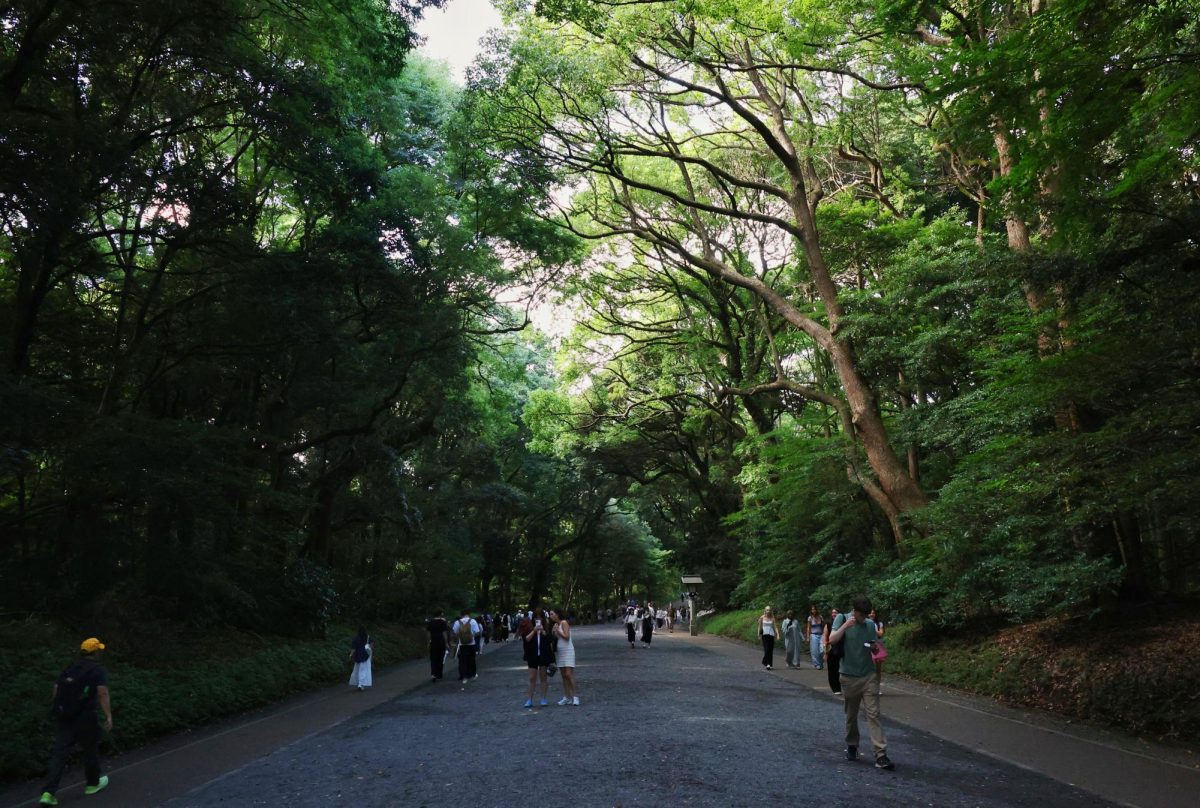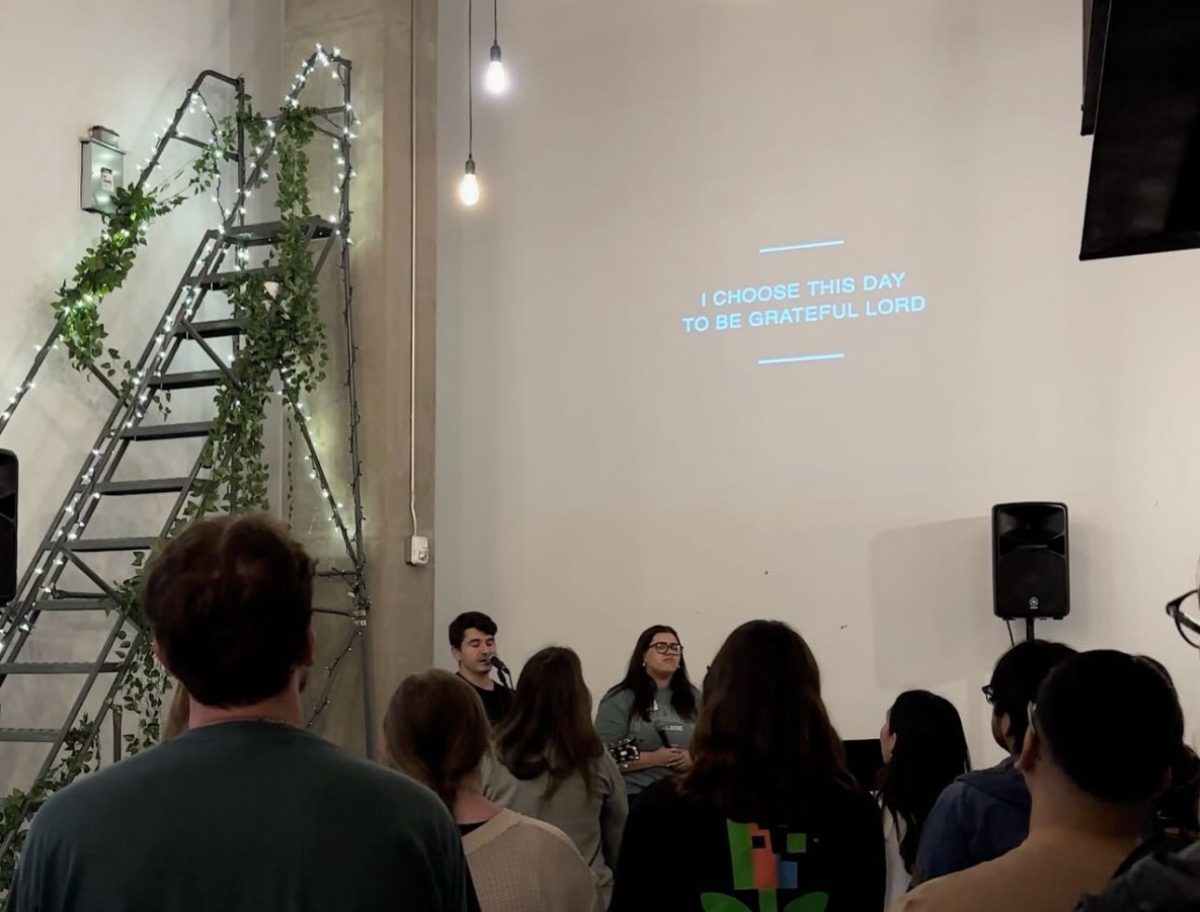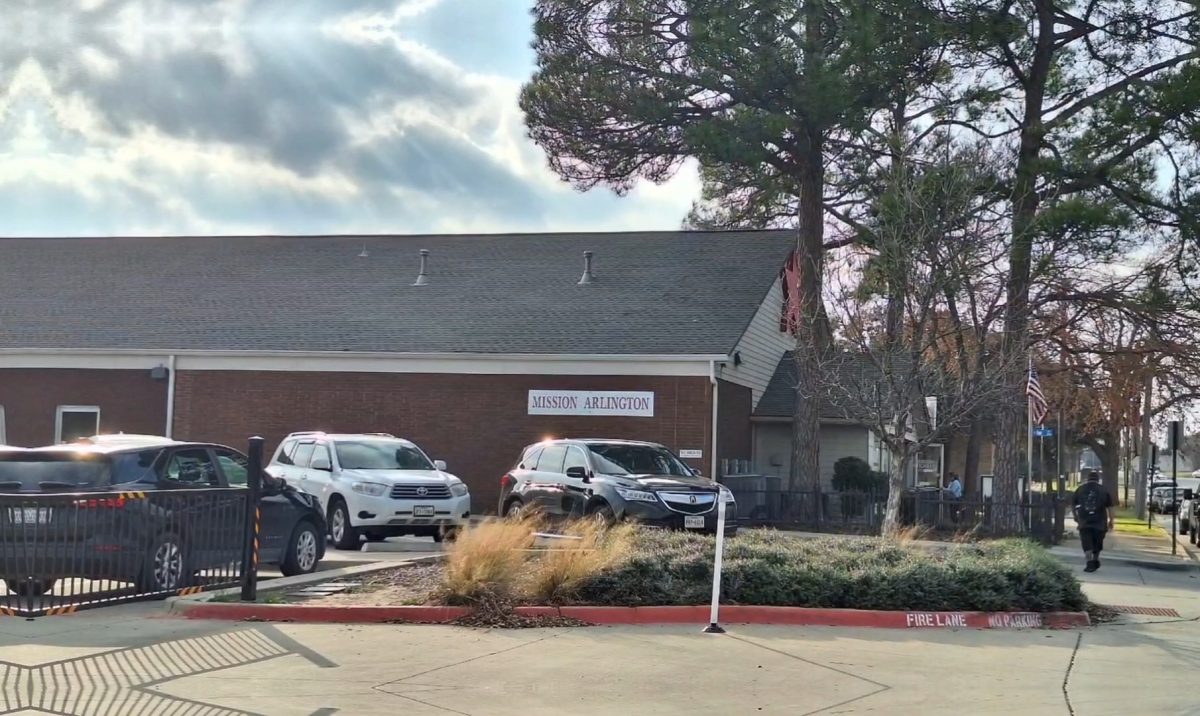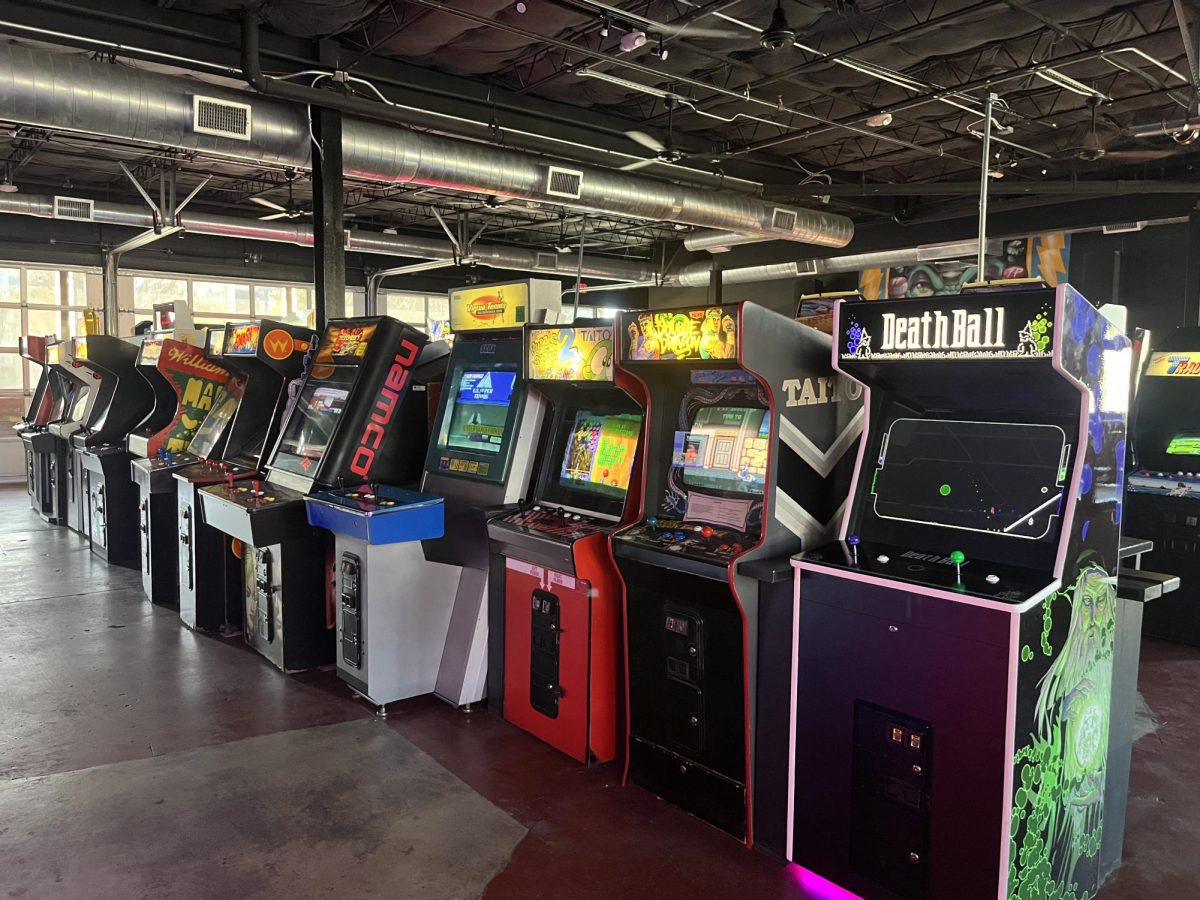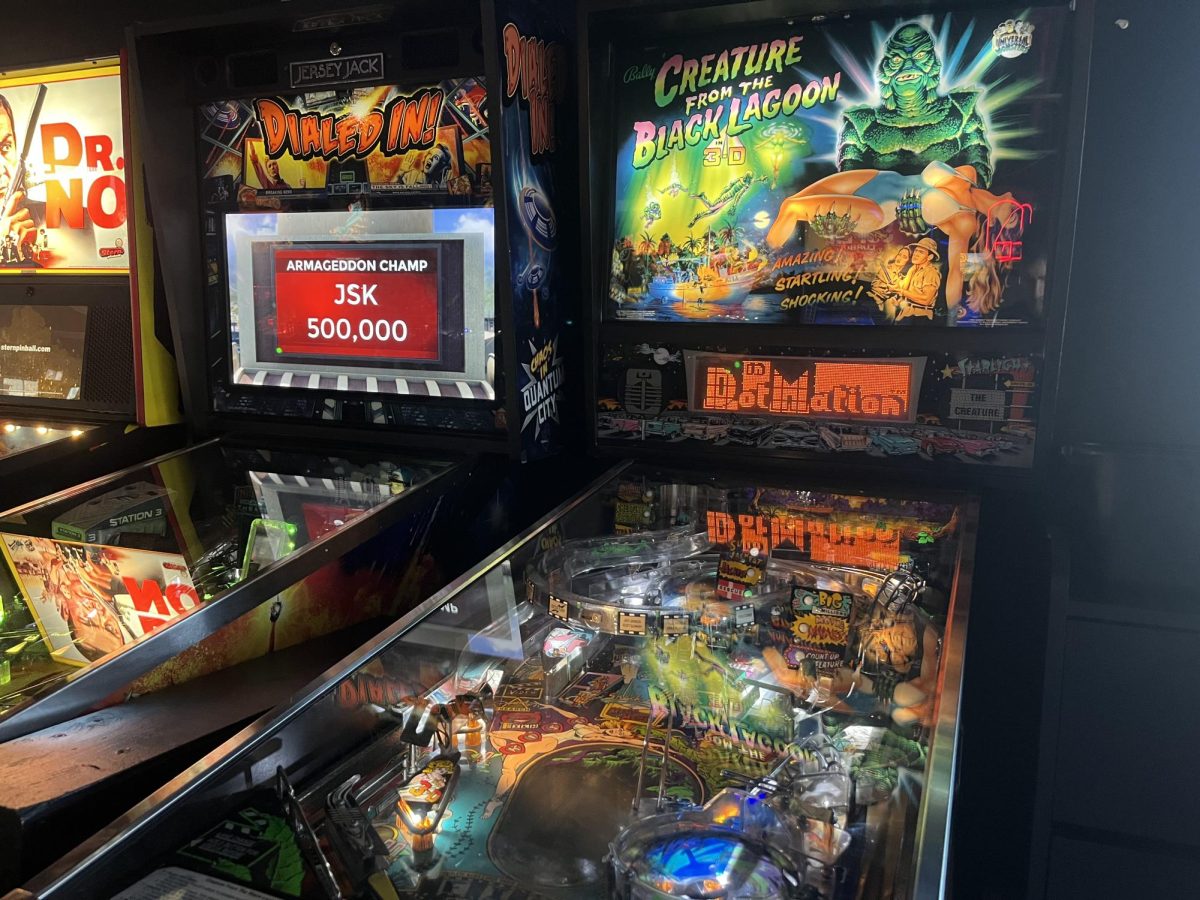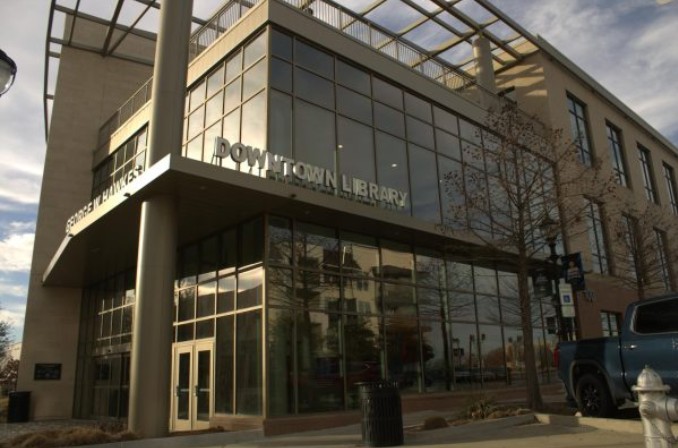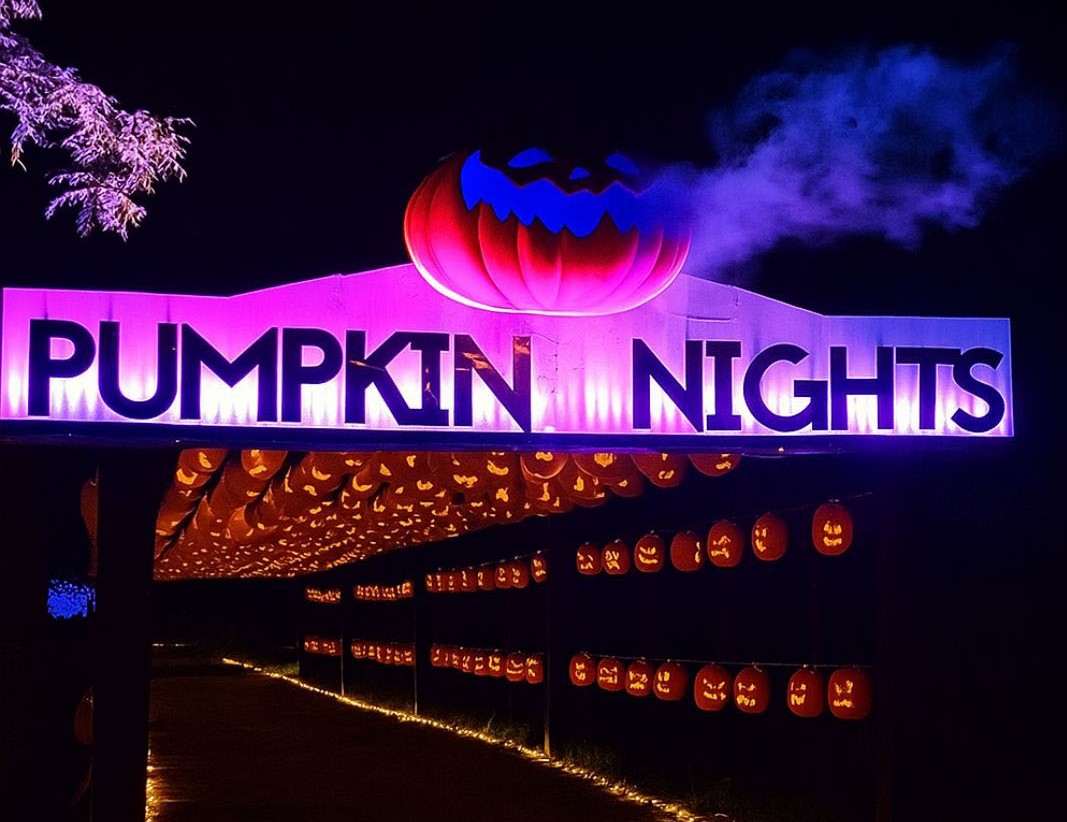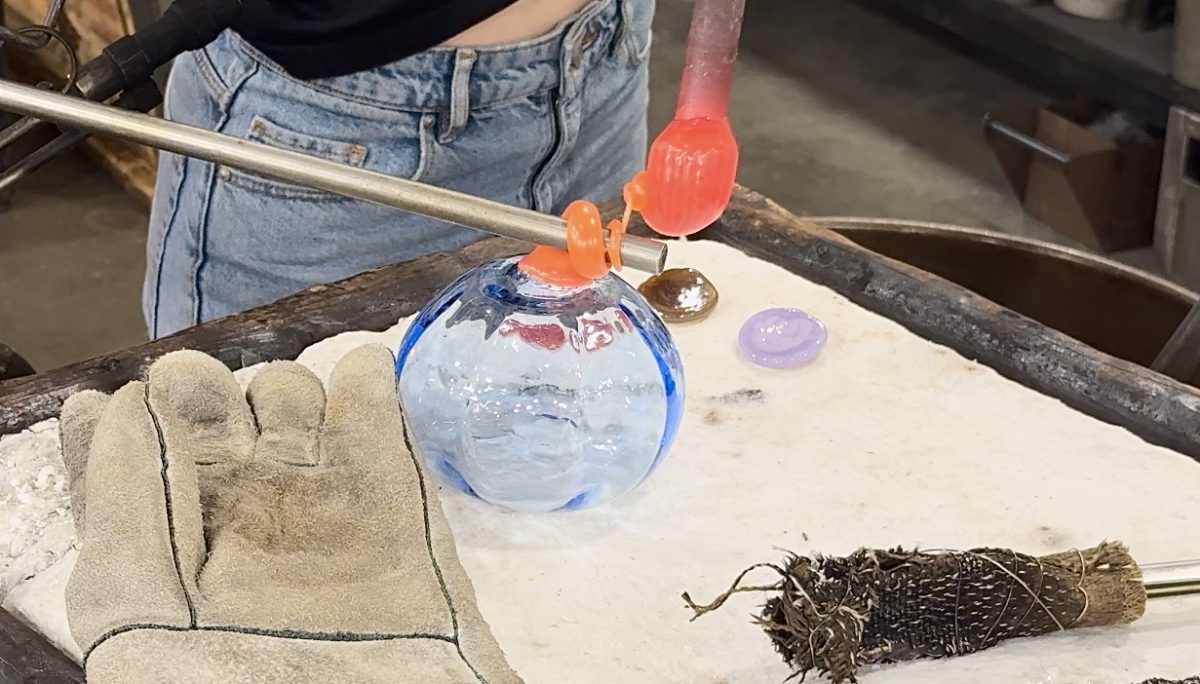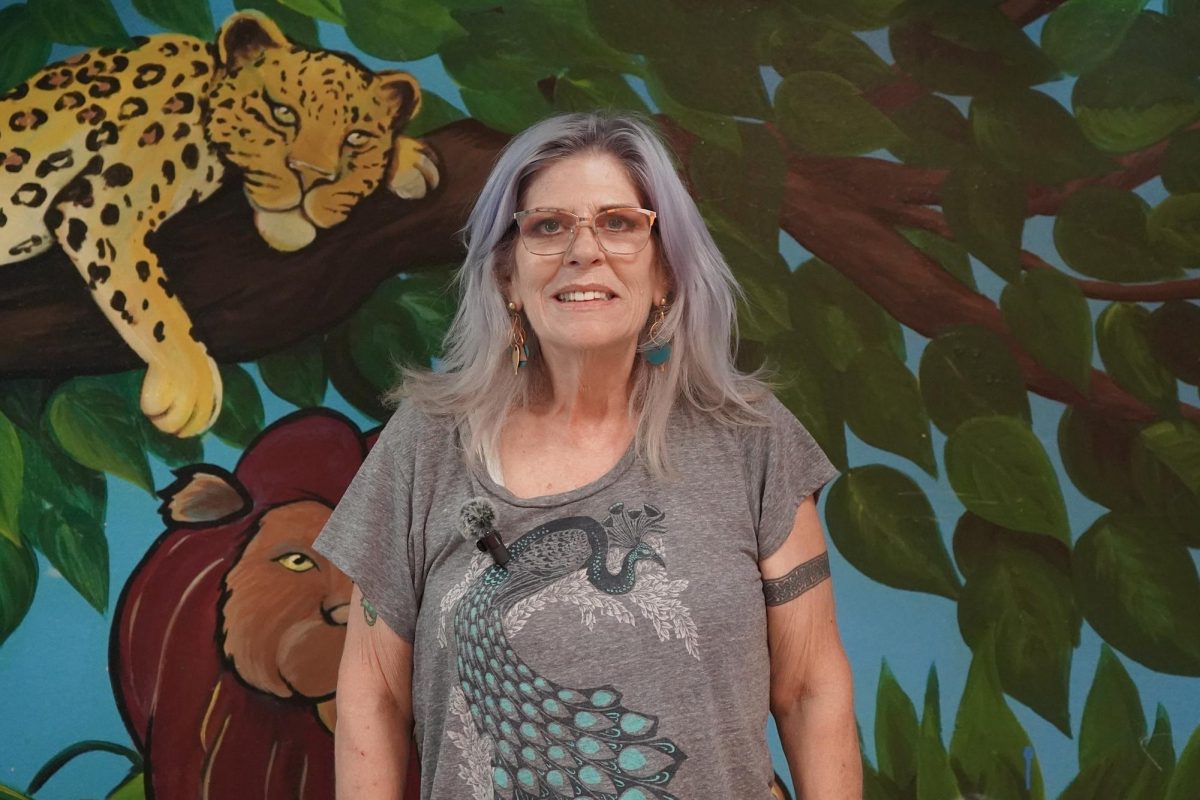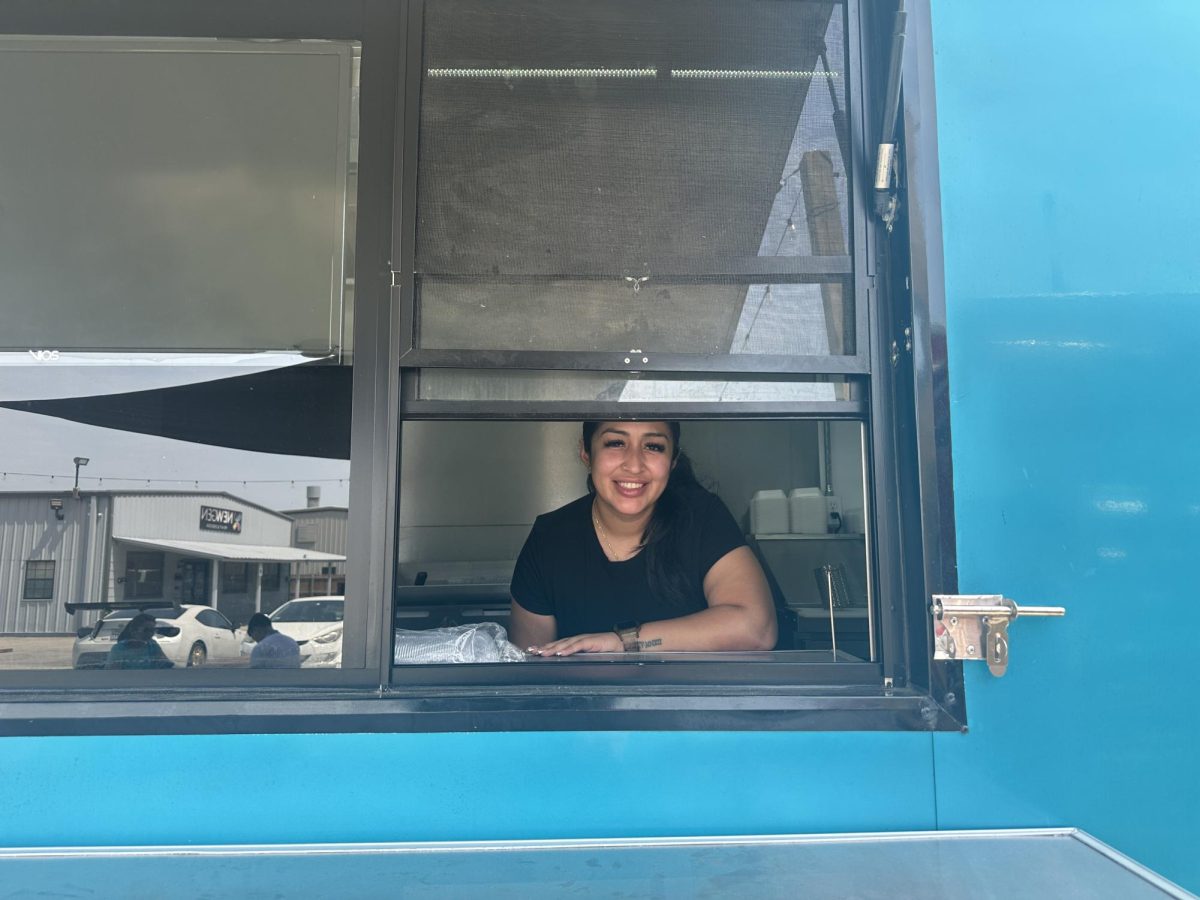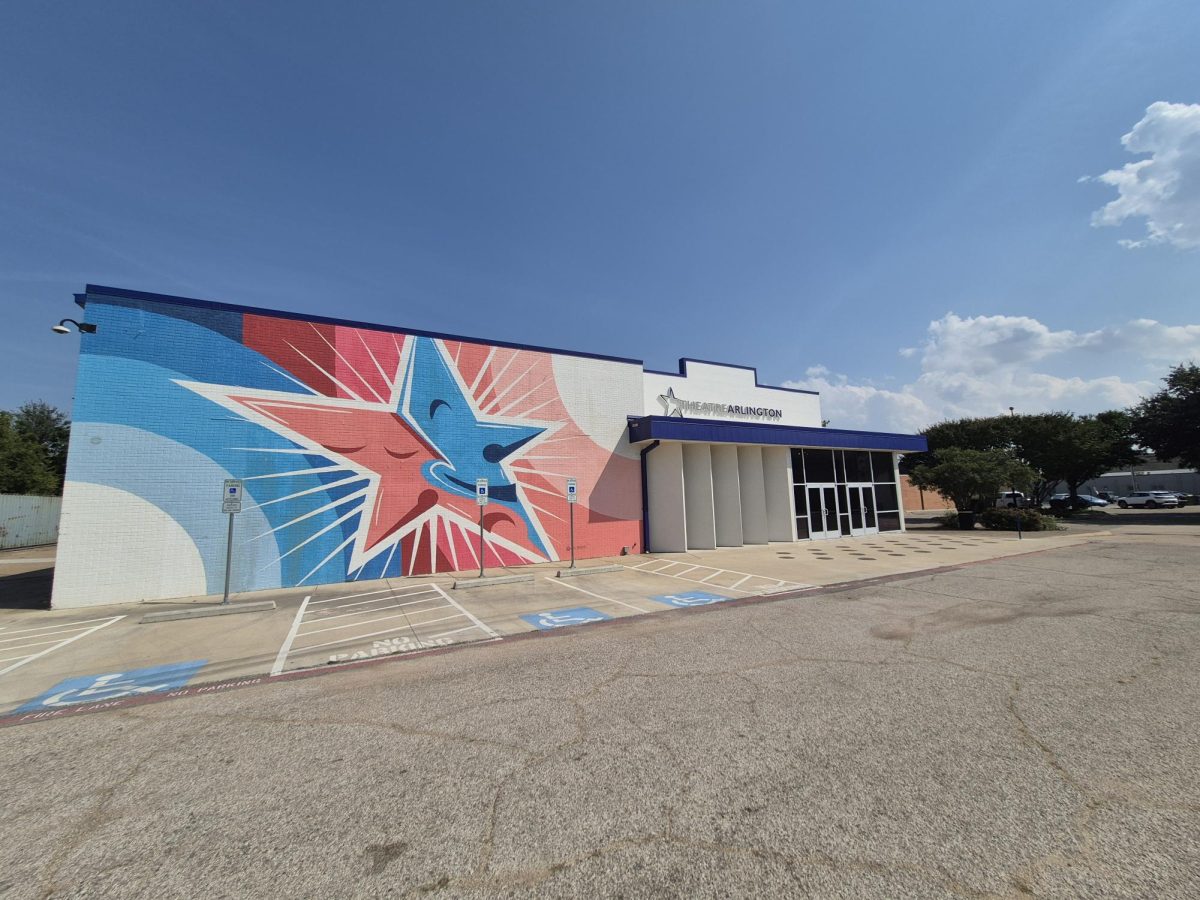ARLINGTON, Texas—From classic video game jingles to the sound of pinball machines, Free Play Arcade’s inviting and familiar sounds offer friends and families a chance to spend quality time playing retro arcade games.
Commitment to communal gaming
Throughout the years, arcades have been seen as a place for communal gaming, with the purpose of meeting new people and forming connections. That all began to change with COVID-19, and many people still feel uneasy about being around others.
“Communal gaming felt so important back in 2015,” Free Play President Cory Hyden said. “I think it’s more important now then it was back then, but there’s less people who are going to relate to it.”
Because many of the kids of Generation Alpha experienced most of their lives during or post COVID, Free Play has made connecting with them a point of focus.
“We’re working really hard to get the younger generation to understand the cool values of social gaming,” Hyden said. “It’s different. It’s something that takes you away from your individual computer, phone or other screens and you all focus on one screen and that’s the entirely of what’s important for those three to five minutes when playing.”
An unexpected bonding experience
Retro arcades also give parents who played arcade games when they were kids the opportunity to show their favorite games to their children. These connections give kids and their parents a chance to bond around something they both can enjoy no matter their age.
“It brings back memories when I was young going to the mall or the stores,” arcade player Diego Tamez said. “Some of these games were even in Chuck E. Cheese, so coming back and seeing these same games allows me to show them to the kids so they could see what we played. It gives you a sense of appreciation for the games.”
With many famous games such as Ms. Pac-Man, Mortal Kombat and Super Mario Bros, many adults can find a game they played back when they were kids.
“I have seen over the years, many younger generations have been introduced to the games their parents played,” Free Play manager Alex Kocher said. “I remember talking to a father who brought in his daughter and said, ‘Here’s what I grew up with and now I can share it with my daughter.’ Those are experiences people can have at arcades.”
The model of arcade machines
While more arcade businesses have appeared after COVID, many of them have struggled to stay open. Arcade venues and arcade machines require maintenance. They require employees to keep the business running and to assist customers. Making a profit seems harder than reaching the highest score on one of the games.
“The model behind the business of making arcade games doesn’t make any sense, and it is ready to be disrupted,” Hyden said. “And the biggest problem at the end of the day is there not enough money to be made.”
Hyden said the average arcade machine costs around $2,000 in materials to make but gets sold for $10,000 to $20,000. And some of these games don’t really attract people to play them, which means it’s impossible to profit from the purchase of the game.
Authenticity for the players is key
One thing Free Play strives to give customers is the authenticity of the arcade machines being played. All the arcade machines they offer use authentic hardware that they were originally built with.
“Our lineups are real,” Hyden said. “All our hardware is authentic because it’s better for the player. Anything that is trying to replicate that hardware it just trying to replicate the original thing. It’s not a bad thing, but it’s just lame not to tell your customer that you’re botting it.”
Commitment to authenticity means that if a part ever breaks, Free Play engineers will only repair them with authentic parts even if it costs Hyden more money than a cheaper manufactured part. If a part ever breaks and Hyden can’t find the original part to fix the machine, the game potentially might sit for up to a year to fix when the original part becomes available.
What does the future look like for Free Play Arlington?
Free Play Arlington is excited for the upcoming remodel to what they call Tokyo Station. This new concept will aim toward the younger generation, which tends to gravitate toward the Japanese rhythm games and the Japanese culture overall.
“We want to build our homage to the Japanese arcade just like how we did with Free Play,” Hyden said.
Tokyo Station is scheduled to be completed and opened to the public by mid-April.
To hear an audio version of this story, please click here.



